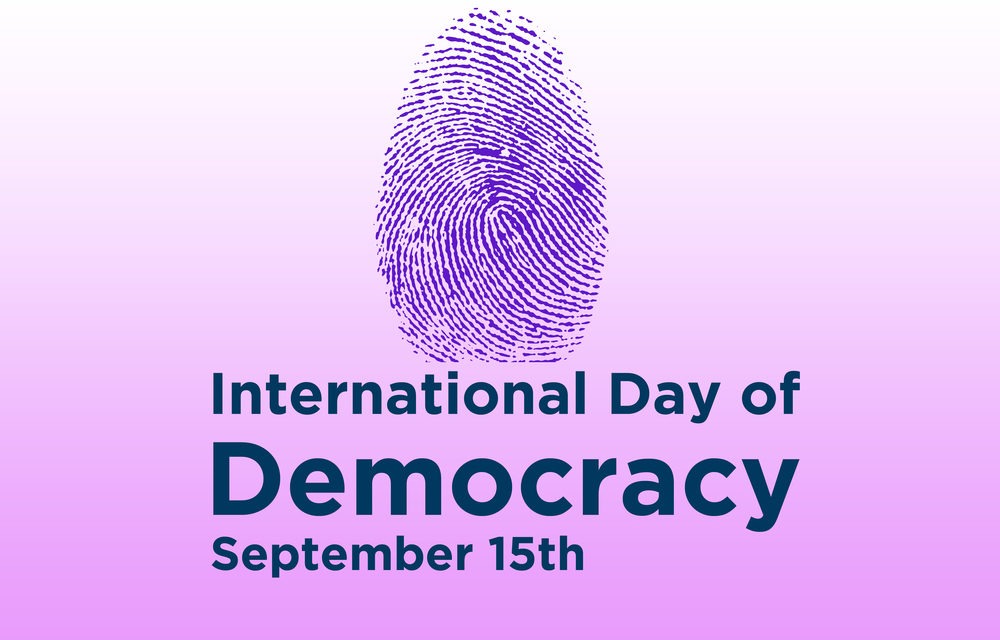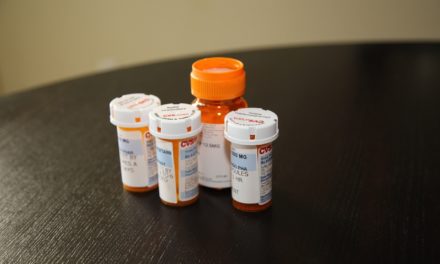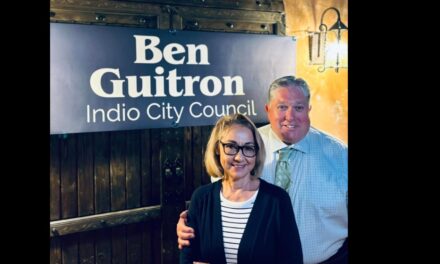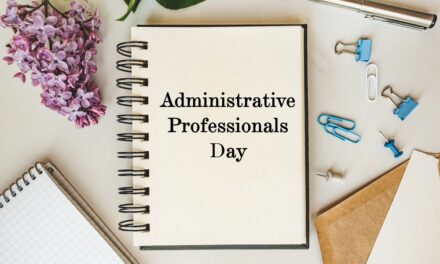In 2007 the United Nations General Assembly resolved to observe Sept. 15 as the International Day of Democracy—with the purpose of promoting and upholding the principles of democracy—and invited all member states and organizations to commemorate the day in an appropriate manner that contributes to raising public awareness.
The preamble of the resolution affirmed that:
“…while democracies share common features, there is no single model of democracy and that democracy does not belong to any country or region… …democracy is a universal value based on the freely-expressed will of people to determine their own political, economic, social and cultural systems, and their full participation in all aspects of life.”
This year, COVID-19 has focused the spotlight on democracy, according to the United Nations.
The unprecedented COVID-19 crisis has resulted in major social, political and legal challenges globally. As states around the world adopt emergency measures to address the crisis, it is critical that they continue to uphold the rule of law, protect and respect international standards and basic principles of legality, and the right to access justice, remedies and due process.
UN Secretary General António Guterres has urged governments to be transparent, responsive and accountable in their COVID-19 response and ensure that any emergency measures are legal, proportionate, necessary and non-discriminatory. “The best response is one that responds proportionately to immediate threats while protecting human rights and the rule of law,” he said.
The Secretary-General’s policy brief says states must respect and protect, among other rights, freedom of expression and of the press, freedom of information, freedom of association and of assembly. Concerns in many countries in the context of COVID-19 include:
- Measures to control the flow of information and crackdown on freedom of expression and press freedom against an existing background of shrinking civic space.
- Arrest, detention, prosecution or persecution of political opponents, journalists, doctors and healthcare workers, activists and others for allegedly spreading “fake news.”
- Aggressive cyber-policing and increased online surveillance.
- Postponement of elections is raising serious constitutional issues in some cases and may lead to rising tensions.
The crisis raises the question how best to counter harmful speech while protecting freedom of expression. Sweeping efforts to eliminate misinformation or disinformation can result in purposeful or unintentional censorship, which undermines trust. The most effective response is accurate, clear and evidence-based information from sources people trust.
Image Sources
- International Day of Democracy: Shutterstock





![Enrolling Now, Rewarding Careers Ahead [Sponsored]](https://ukenreport.com/wp-content/uploads/2024/04/COD_heroes_1-1385-2-440x264.jpg)

